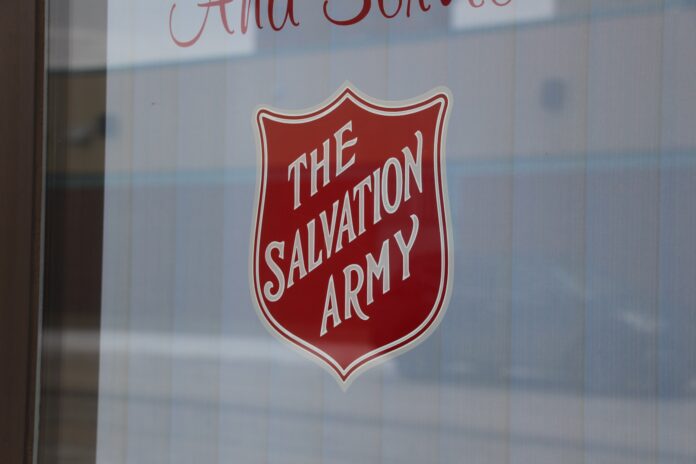
Fewer Saskatchewan residents are planning to or have donated to charities this holiday season, a study by Imagine Canada suggests.
Imagine Canada is a national charity that seeks to improve how other charities operate.
The charity conducted two surveys, one that polled leaders of charities and another that polled residents.
1,089 leaders and 1,252 Canadians were polled.
In the province, 48 per cent of Saskatchewan residents are planning to donate to charity during this holiday season. That’s down from 70 per cent in 2014.
Imagine Canada CEO Bruce MacDonald said in terms of volunteering, Saskatchewan residents are planning to do more compared to other provinces. 17 per cent of residents plan on donating their time or services which is higher than the national amount of 9 per cent.
Volunteering is down right now at the YWCA in Prince Albert, but the organization “can’t really take volunteers right now because of COVID,” said CEO Donna Brooks.
“We don’t really need (volunteers) because we aren’t running the same level of programming,” she said.
The Salvation Army has also been impacted by COVID-19 with a shortage of volunteers for its kettle campaign and more demand for Christmas hampers, said Major Pamela Stanger.
Stanger and her husband are responsible for the Salvation Army in Prince Albert and surrounding area.
Stanger estimates they’ve lost hundreds of volunteers.
“We fully understand and support those who feel due to their own personal choice or vulnerabilities or concerns over COVID that they feel they cannot volunteer this year and we want to honour and respect that,” she said.
Only half of the Salvation Army’s kettles are out in locations across the region.
“Some locations decided that they felt they couldn’t have a kettle in their location this year and some decided they could have kettle but no one on supervising it so no volunteer at the kettle and in those situations we have seen giving down considerably down in those locations,” Stanger added.
With a shortage of volunteers, Stanger, her husband and their family members along with Salvation Army employees have taken the time supervise kettles in the community.
The kettles and chairs for volunteers are sanitized and volunteers wear masks and gloves.
There are other methods of giving available as well. Donations can be made online at fillthekettle.com and the money will go towards that donors community after they’ve entered their postal code. Cheque donations can also be mailed to the store and money can also be donated over the phone, where a donor can indicate which community they want their money going to.
Need for Christmas hampers increasing
Stanger said that in previous years Salvation Army Prince Albert would deliver Christmas hampers to 500 households. This year, she says there will be between 500 and 600 hampers. That includes over 1000 children that will be receiving a gift from the program this year.
“I’m hearing a lot of households where parents are working and unable to make ends meet and they have children, so they’re embarrassed to be asking for help,” Stanger said she’s heard from families that this has been a difficult year.
“What (families) like about the Salvation Army is the fact that we keep our information confidential and we treat them with respect and dignity.”
Any funds raised now will help provide a gift for each child in a family aged zero to 17, and financial support for each family to pay for groceries.
Residual funds will go towards other programs such as helping people with basic needs throughout the year, and the thrift store and bagged lunch program at the Outpost Cafe.
The Salvation Army won’t be able to put on their Christmas dinner this year due to COVID-19 concerns. Instead, they’ll be providing families with gift cards to shop for groceries themselves.
Although it’s been a challenging year with donations and volunteering down, Stanger remains grateful.
“We’re thankful to all of our community partners for their support, it’s very heart warming and we are thankful to everybody.”
Imagine Canada’s survey of Canadian residents has a confidence interval of +/- 2.7 per cent and the survey of local charity leaders has a confidence interval of +/- 2.9 per cent.

